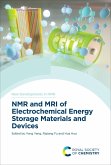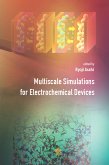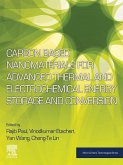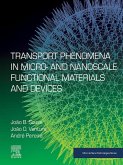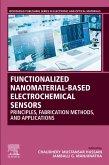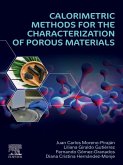This book is divided into four parts to comprehensively and systematically describe the related contents of energy storage materials: Preparation and Electrochemical Fundamentals of Energy Storage Materials (Part I), Electrode Materials of Electrochemical Devices (Part II), Electrolyte and Separator Materials of Electrochemical Devices (Part III), Performance Prediction and Application Technology of Electrochemical Devices (Part IV).
- Includes high academic level, wide coverage that is timeless
- Effectively promotes the development of high-performance devices and industries
- Provides beginners with the basic knowledge of materials science and electrochemistry, showing them the necessary experimental means for material preparation
- Serves as a handbook for energy storage material researchers to provide them with appropriate theoretical support and details
Dieser Download kann aus rechtlichen Gründen nur mit Rechnungsadresse in A, B, BG, CY, CZ, D, DK, EW, E, FIN, F, GR, HR, H, IRL, I, LT, L, LR, M, NL, PL, P, R, S, SLO, SK ausgeliefert werden.



